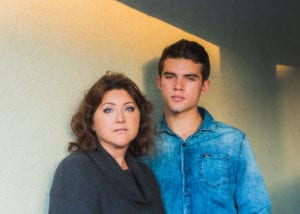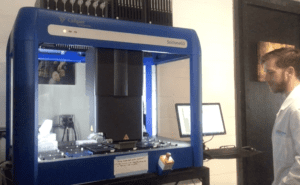What we're up to
Active Research Projects
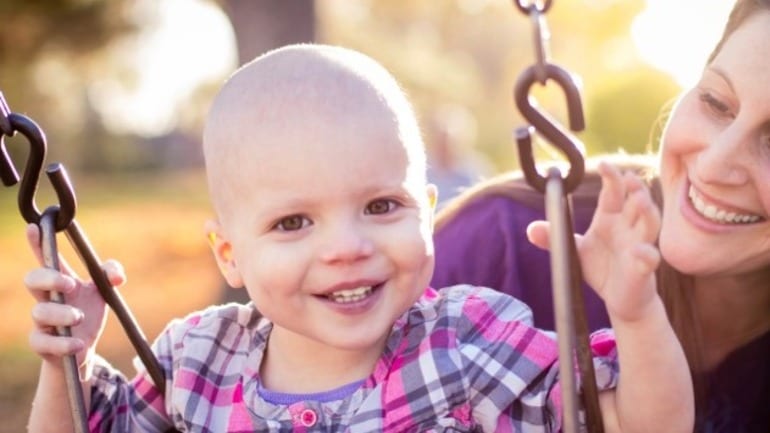
Drug Discovery Program for Hepatoblastoma
Already funded by the Macy Easom Cancer Research Foundation The Macy Easom Research Foundation and cc-TDI have been longstanding partners with a series of milestones: creating resources (cell line characterizations) and international collaborations, developing innovative and efficient drug testing programs for hepatoblastoma, identifying drug candidates and further defining hepatoblastoma biology and novel potential drug targets.

SMARCA4 in Rhabdomyosarcoma
Already funded by the National Cancer Institute/National Institutes of Health! Alveolar rhabdomyosarcoma (aRMS) is generally not survivable when metastatic. However, this disease does respond to chemotherapy in most cases. The driving clinical challenge is to overcome recurrence after chemotherapy and radiation. We recently reported in PLoS Genetics that the Pax3:Foxo1 oncogene present in most aRMS
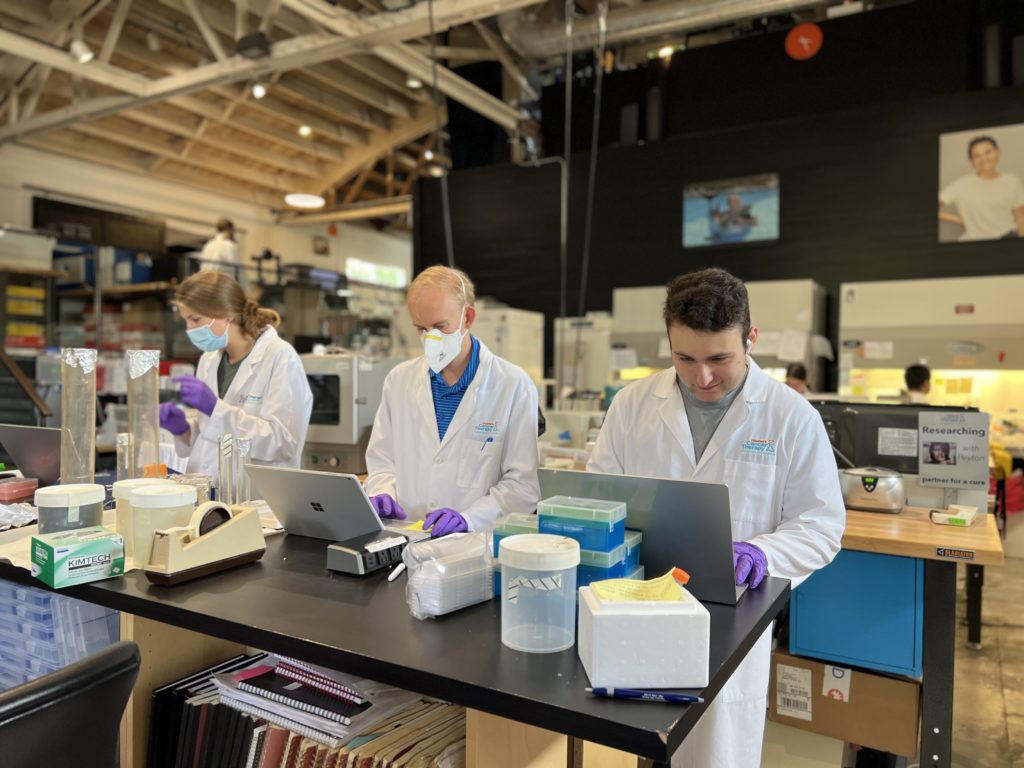
Resources and Drug Development for SEF
Already funded by the Rucker Collier Foundation! Sclerosing Epithelioid Fibrosarcoma (SEF) is a rare soft tissue sarcoma of children, teenagers and adults that can also arise from the kidney1-4 and sometimes from bone as well as other locations. SEF is a rare cancer of significant unmet clinical need. Treatment is primarily surgical when not metastatic;

Cell-based Immunotherapy for Rhabdomyosarcoma
Already funded by the Megan’s Mission Foundation Childhood muscle cancer is rare but also unique among cancers – rhabdomyosarcoma not only mimics normal muscle stem cells, but it also hides very well from the immune system. Immunotherapy has been so promising for adult forms of cancer, leukemias and lymphomas – but immunotherapy for sarcomas has

Citizen Scientist Project
Already funded by the Megan’s Mission Foundation Rhabdomyosarcoma and soft tissue sarcomas are among the five greatest causes of death from childhood cancer and are among the most unaddressed causes of childhood cancer morbidity. Despite 49 years of cooperative group trials of intensified chemotherapy, the dismal survival for advanced disease remains unchanged. The goal of
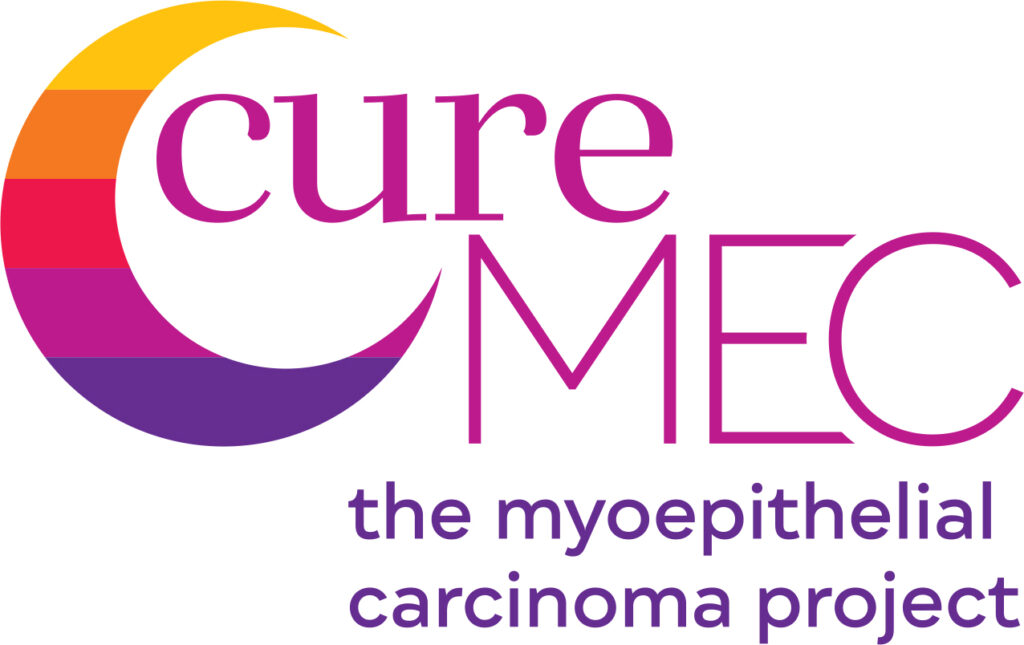
Myoepithelial Carcinoma Biology & Drug Discovery Program
Already funded by CureMEC and an anonymous donor The goals of this multi-year research program aim to answer the fundamental questions about Myoepithelial Carcinoma (MEC) biology and treatments. MEC is a rare cancer of children, teenagers and adults that can arise from the salivary glands, kidney and sometimes from soft tissue like muscle. Due to
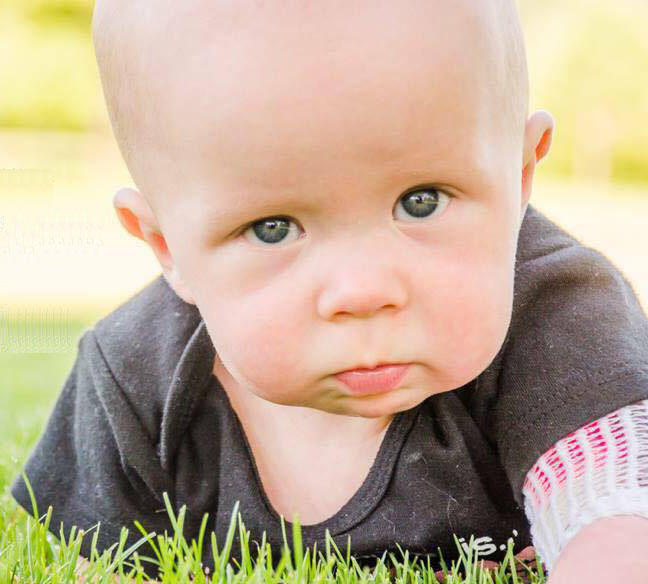
TrkB Allosteric Inhibitors for Neuroblastoma
Already funded by an anonymous donor The goal of this project is to optimize a selective TrkB inhibitor for ligand-dependent neuroblastoma.
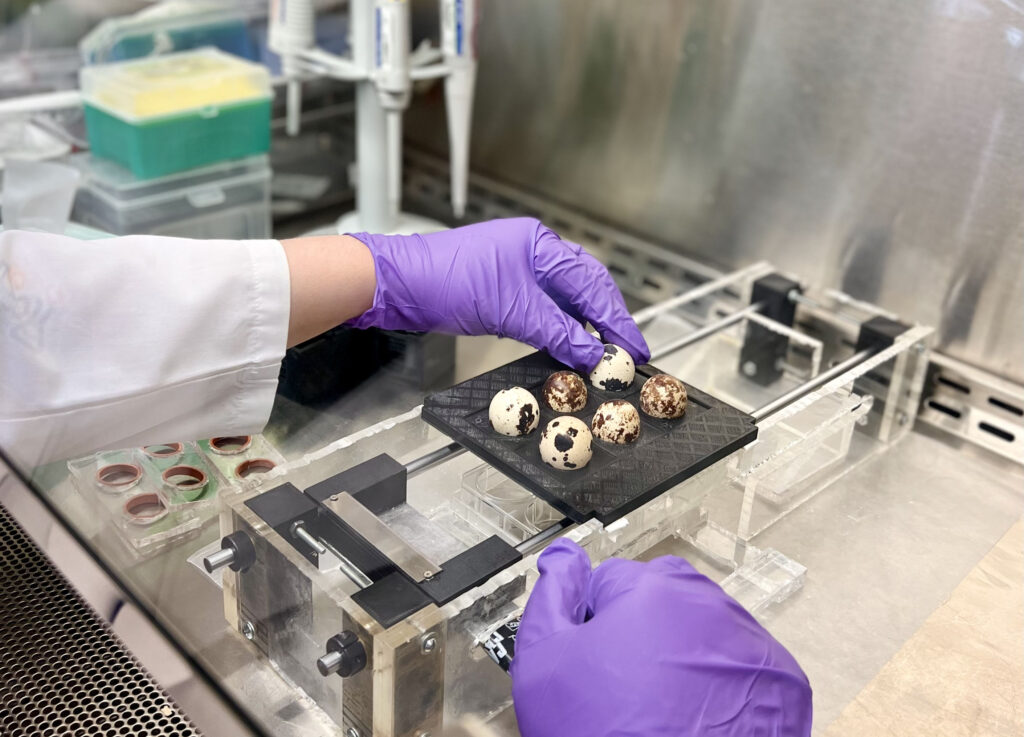
Reimagining Pharmaceutical Drug Development with a Biomimetic Platform
Already funded by the Kuni Foundation This project takes preclinical testing that might last 10 weeks at a cost of $45,000 down to 12 days at a cost of $3 per animal … amenable to automation. First to be applied to hepatoblastoma, this technology could speed discovery and testing of new drugs for many forms

Drug Discovery Program for Hepatoblastoma
Already funded by the Macy Easom Cancer Research Foundation The Macy Easom Research Foundation and cc-TDI have been longstanding partners with a series of milestones: creating resources (cell line characterizations) and international collaborations, developing innovative and efficient drug testing programs for hepatoblastoma, identifying drug candidates and further defining hepatoblastoma biology and novel potential drug targets.

SMARCA4 in Rhabdomyosarcoma
Already funded by the National Cancer Institute/National Institutes of Health! Alveolar rhabdomyosarcoma (aRMS) is generally not survivable when metastatic. However, this disease does respond to chemotherapy in most cases. The driving clinical challenge is to overcome recurrence after chemotherapy and radiation. We recently reported in PLoS Genetics that the Pax3:Foxo1 oncogene present in most aRMS

Resources and Drug Development for SEF
Already funded by the Rucker Collier Foundation! Sclerosing Epithelioid Fibrosarcoma (SEF) is a rare soft tissue sarcoma of children, teenagers and adults that can also arise from the kidney1-4 and sometimes from bone as well as other locations. SEF is a rare cancer of significant unmet clinical need. Treatment is primarily surgical when not metastatic;

Cell-based Immunotherapy for Rhabdomyosarcoma
Already funded by the Megan’s Mission Foundation Childhood muscle cancer is rare but also unique among cancers – rhabdomyosarcoma not only mimics normal muscle stem cells, but it also hides very well from the immune system. Immunotherapy has been so promising for adult forms of cancer, leukemias and lymphomas – but immunotherapy for sarcomas has

Citizen Scientist Project
Already funded by the Megan’s Mission Foundation Rhabdomyosarcoma and soft tissue sarcomas are among the five greatest causes of death from childhood cancer and are among the most unaddressed causes of childhood cancer morbidity. Despite 49 years of cooperative group trials of intensified chemotherapy, the dismal survival for advanced disease remains unchanged. The goal of

Myoepithelial Carcinoma Biology & Drug Discovery Program
Already funded by CureMEC and an anonymous donor The goals of this multi-year research program aim to answer the fundamental questions about Myoepithelial Carcinoma (MEC) biology and treatments. MEC is a rare cancer of children, teenagers and adults that can arise from the salivary glands, kidney and sometimes from soft tissue like muscle. Due to

TrkB Allosteric Inhibitors for Neuroblastoma
Already funded by an anonymous donor The goal of this project is to optimize a selective TrkB inhibitor for ligand-dependent neuroblastoma.

Reimagining Pharmaceutical Drug Development with a Biomimetic Platform
Already funded by the Kuni Foundation This project takes preclinical testing that might last 10 weeks at a cost of $45,000 down to 12 days at a cost of $3 per animal … amenable to automation. First to be applied to hepatoblastoma, this technology could speed discovery and testing of new drugs for many forms

